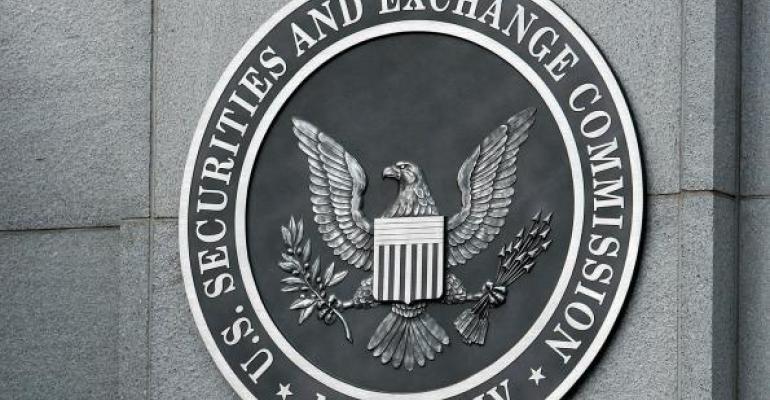The attorneys general of 11 states, including California, New York, New Jersey and Massachusetts, have written a comment letter taking issue with the Securities and Exchange Commission's accredited investor rule proposal.
By expanding the definition of which investors can participate in private offerings—offerings that are often high-risk—the governors wrote that the SEC is ignoring the danger to those investors who, while they may qualify, nonetheless will face the potential for significant losses.
Prior to the proposed new rule, the definition of an accredited investor was based solely on whether that investor had an annual income exceeding $200,000 and/or a net worth of more than $1 million. The SEC originally issued a concept release on the proposed rule in June of last year, with a revised rule published on the Commission’s federal register in mid-January, followed by a 60-day comment period.
In the rule, the SEC proposed that accredited investor definition be expanded to also include those investors who have certified “professional certifications and designations,” which could include a Series 7, 65 or 82 license. It also kept the same financial threshold, which concerned the attorneys general in their co-signed comment letter.
“The financial thresholds under the definition are nearly forty years old, and the SEC has never indexed them to inflation, despite recommendations by numerous stakeholders and its own staff to do so,” the letter read. “Over that time, as the pool of individual investors who qualify under the thresholds has steadily grown, the ability of these individual investors to withstand significant losses has concomitantly shrunk.”
In addition to the letter from the state attorneys general, the North American Securities Administration Association (NASAA), which represents state securities regulators throughout the country, also criticized the proposed rule in its own comment letter. NASAA President Christopher Gerold, who is also the chief of New Jersey’s Bureau of Securities, wrote that the proposed rule failed to offer any additional protections for investors or oversight on private markets.
“On the contrary, the proposal is a deregulatory effort that is singularly focused on expanding the private markets while showing little regard for its potential adverse effects on retail investors and the public markets,” the letter read.
NASAA also argued that sophistication in the financial system should not alone suffice, but it also must be measured against an investor’s ability to bear losses and their level of experience. Gould also asserted that the SEC failed to show evidence and data of retail investors’ interest in private offerings, and that the Commission needed to fully investigate the ramifications of any potential change before committing to the final rule.
“To deviate from longstanding standards for accredited investor status in favor of the concepts offered in the Proposal would represent a significant departure from precedent in this area and would likely lead to material harm for the retail investing public,” the letter read.





